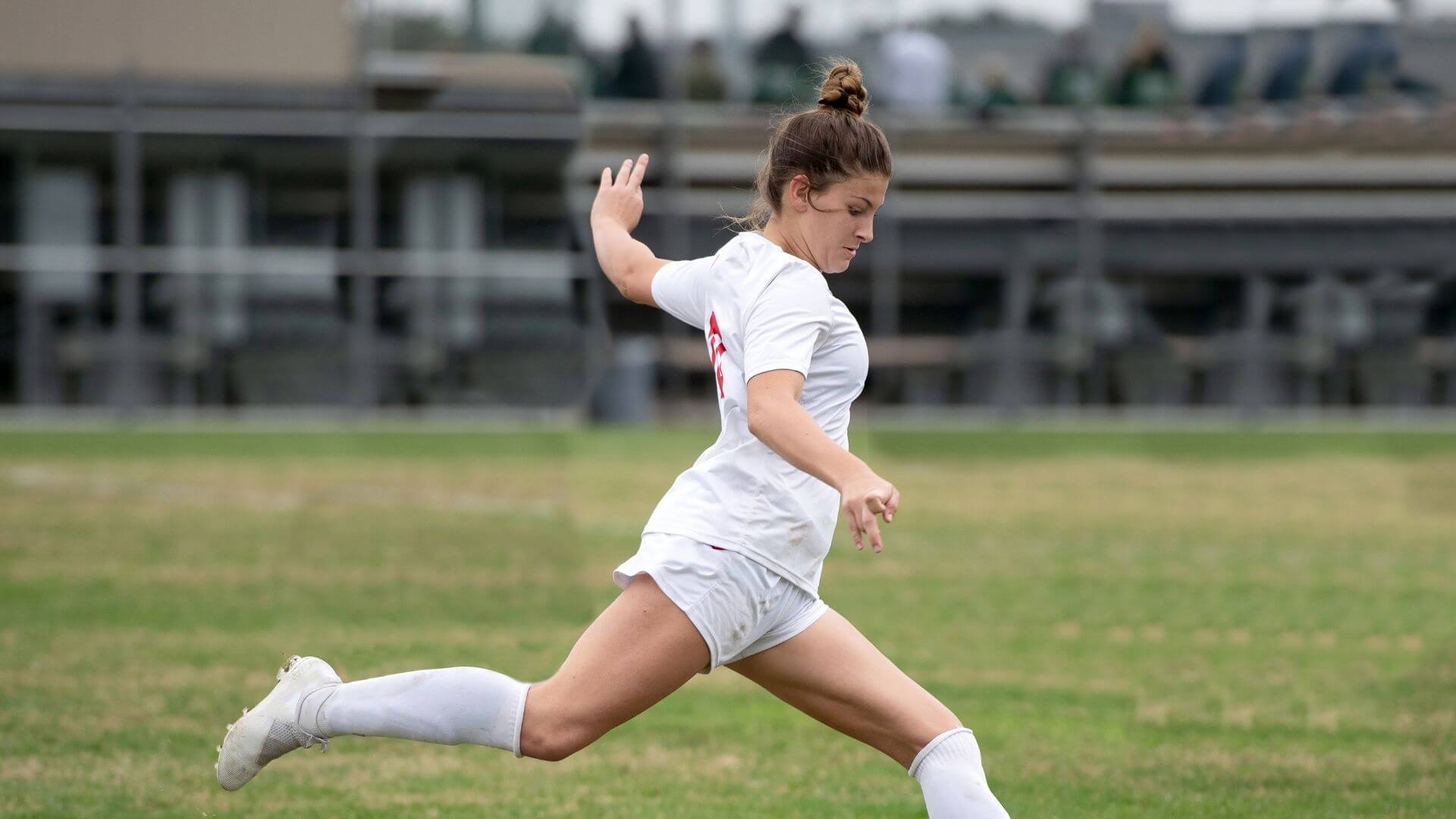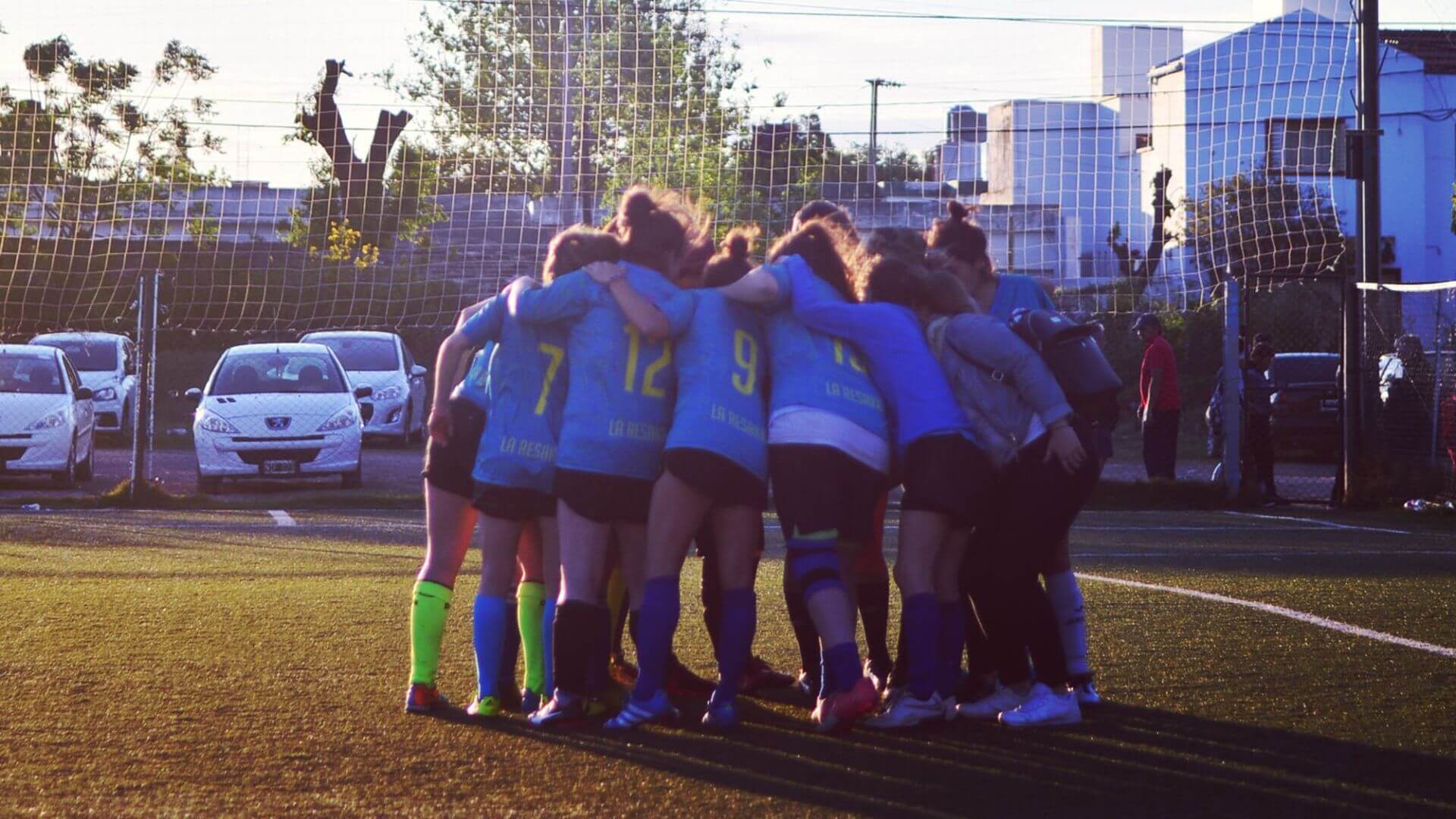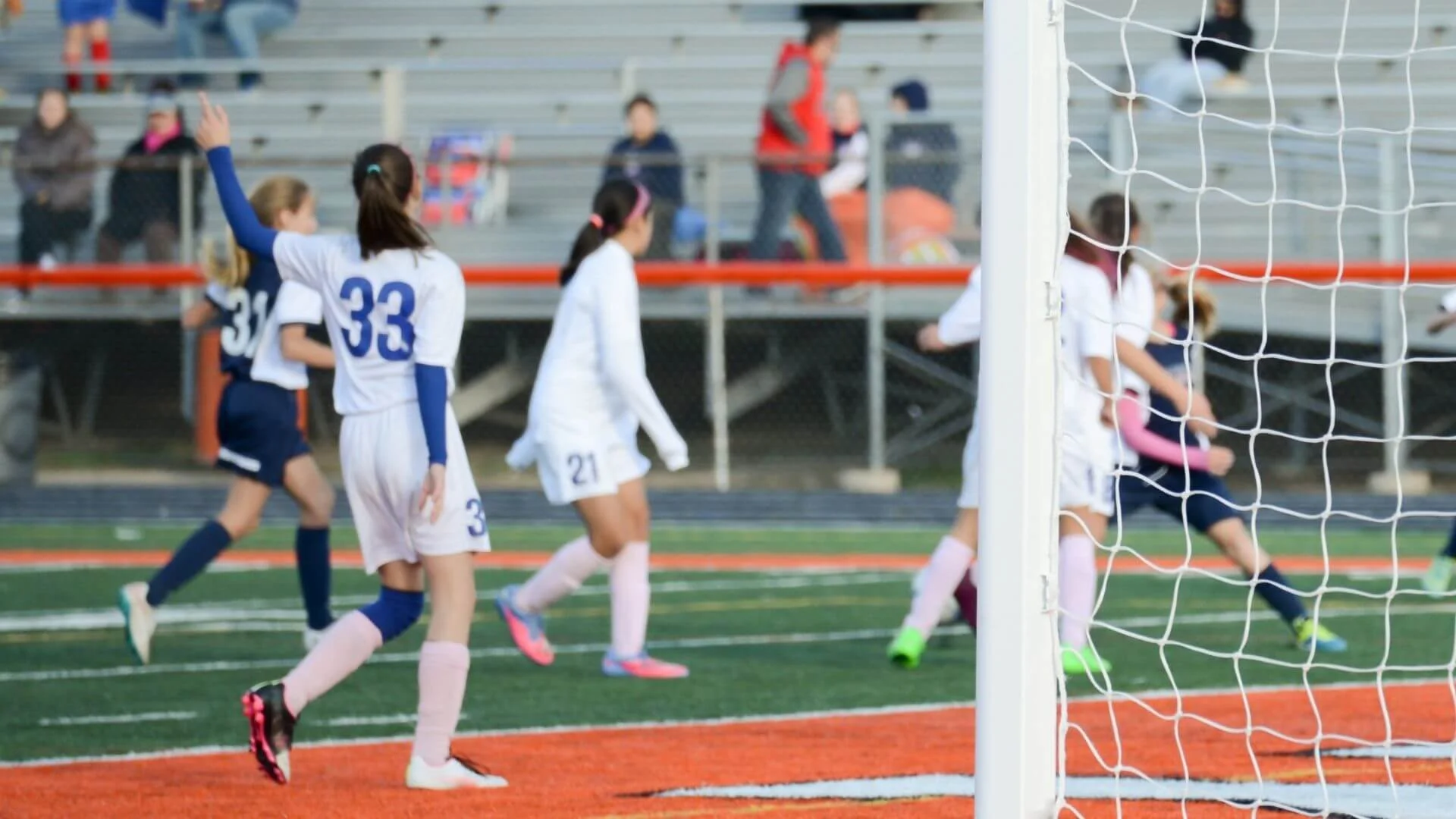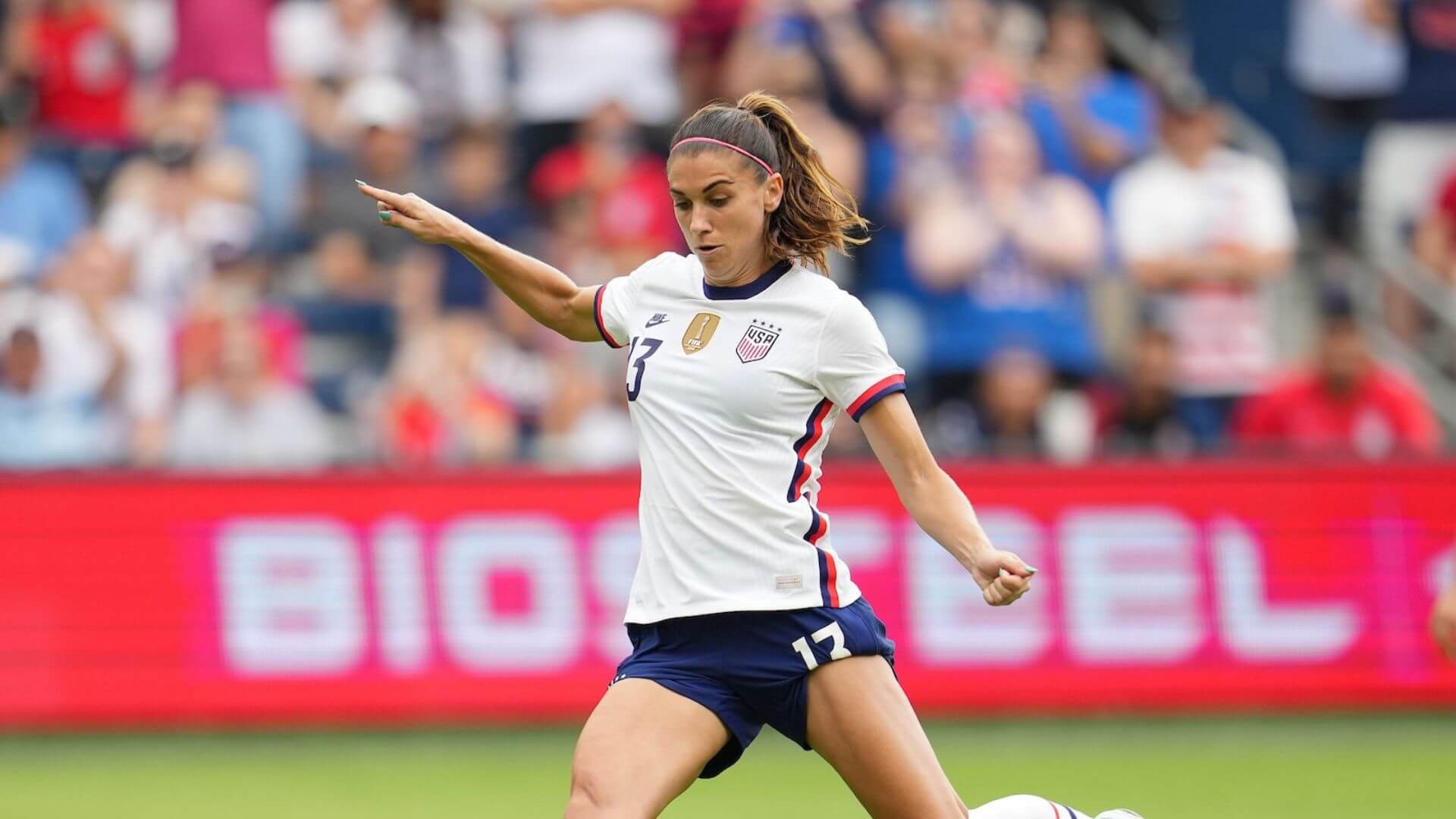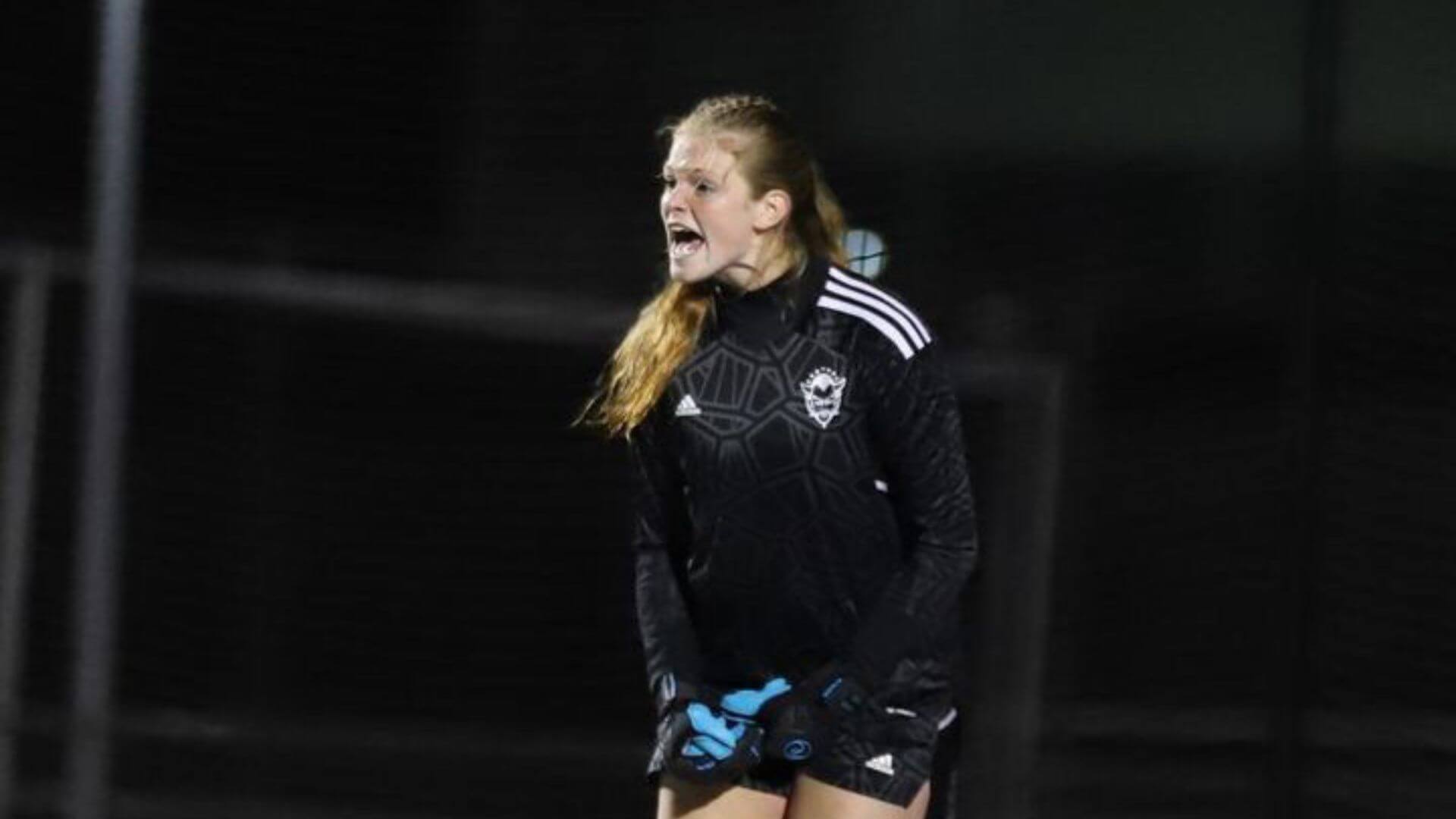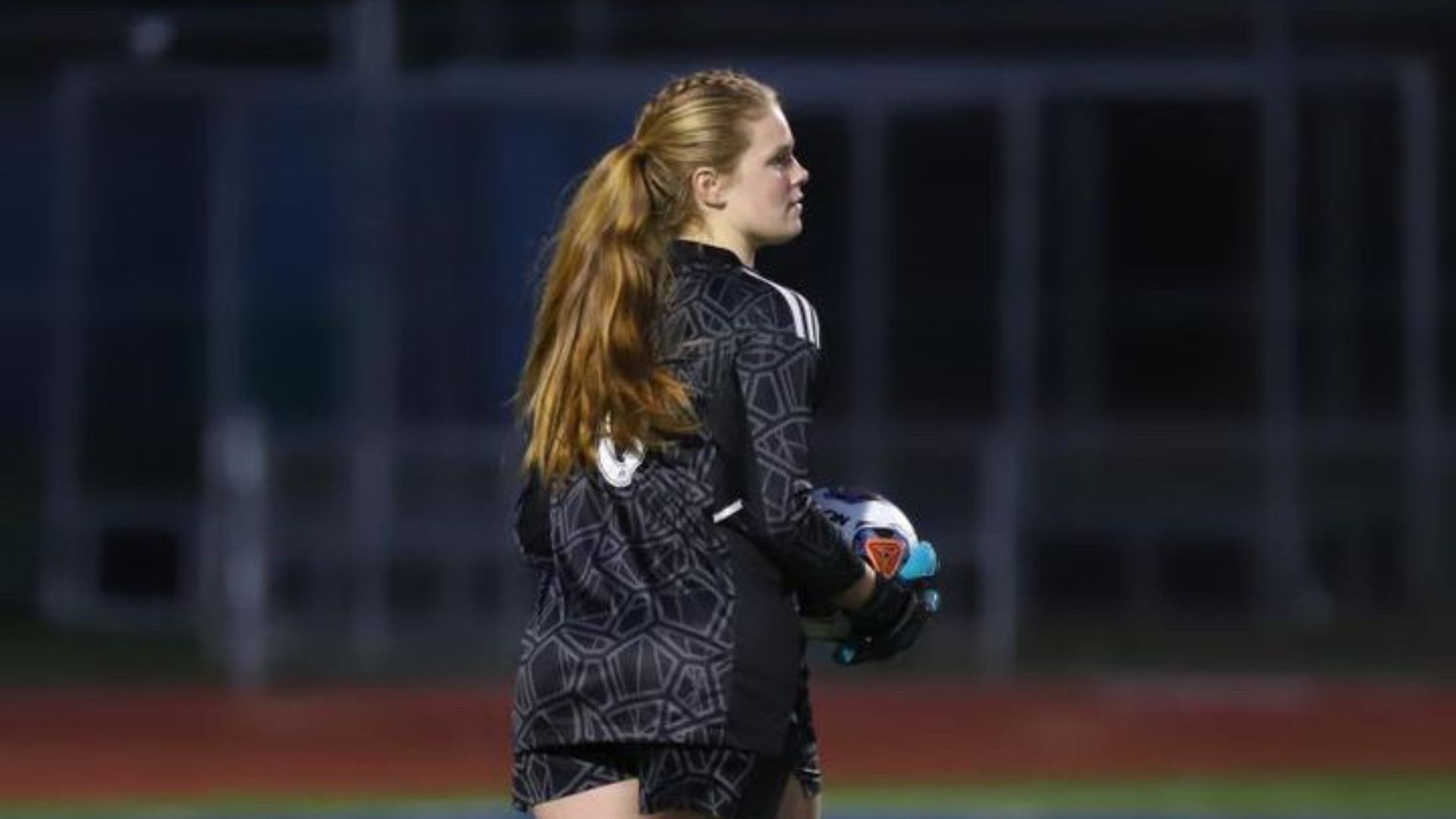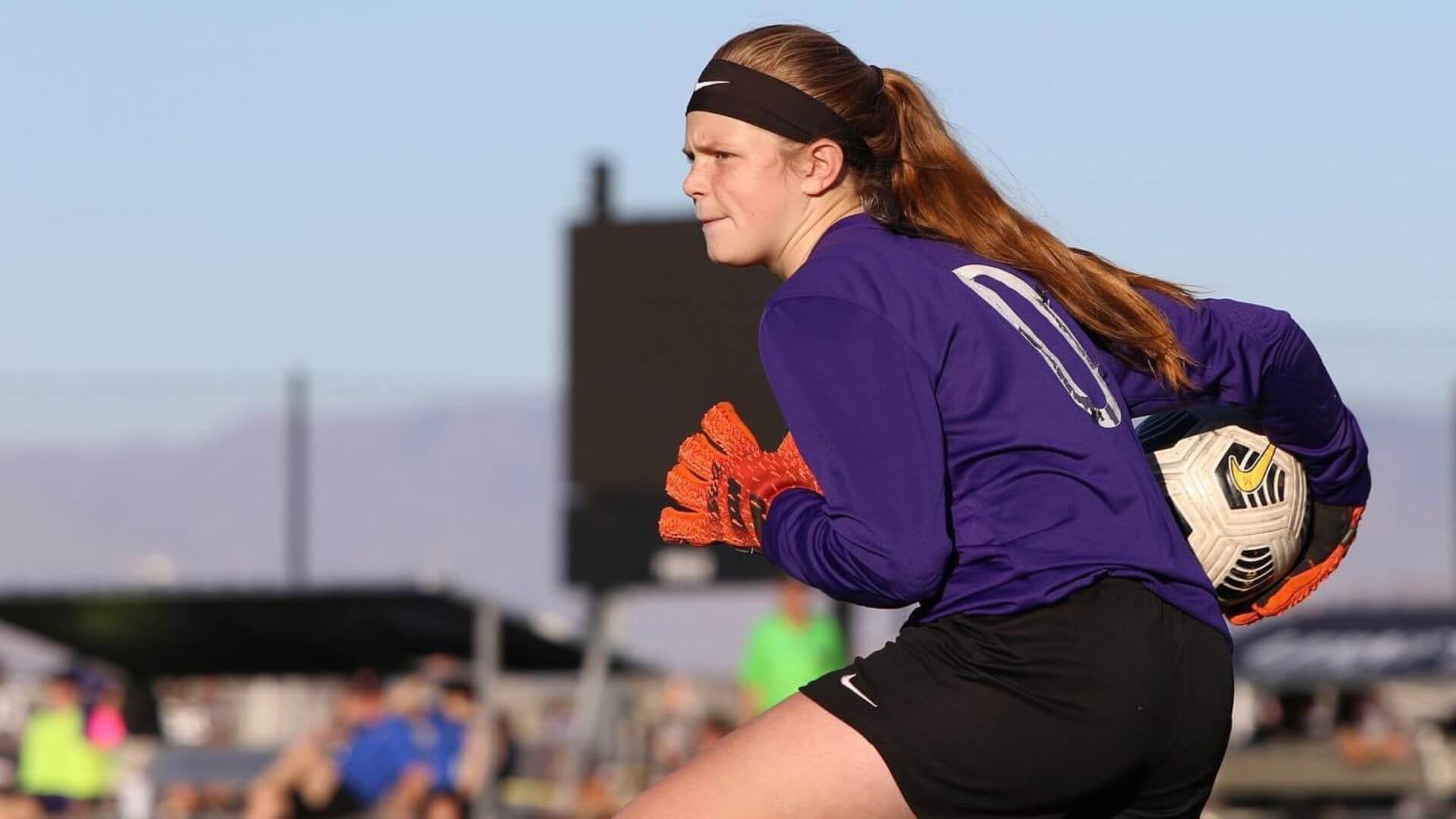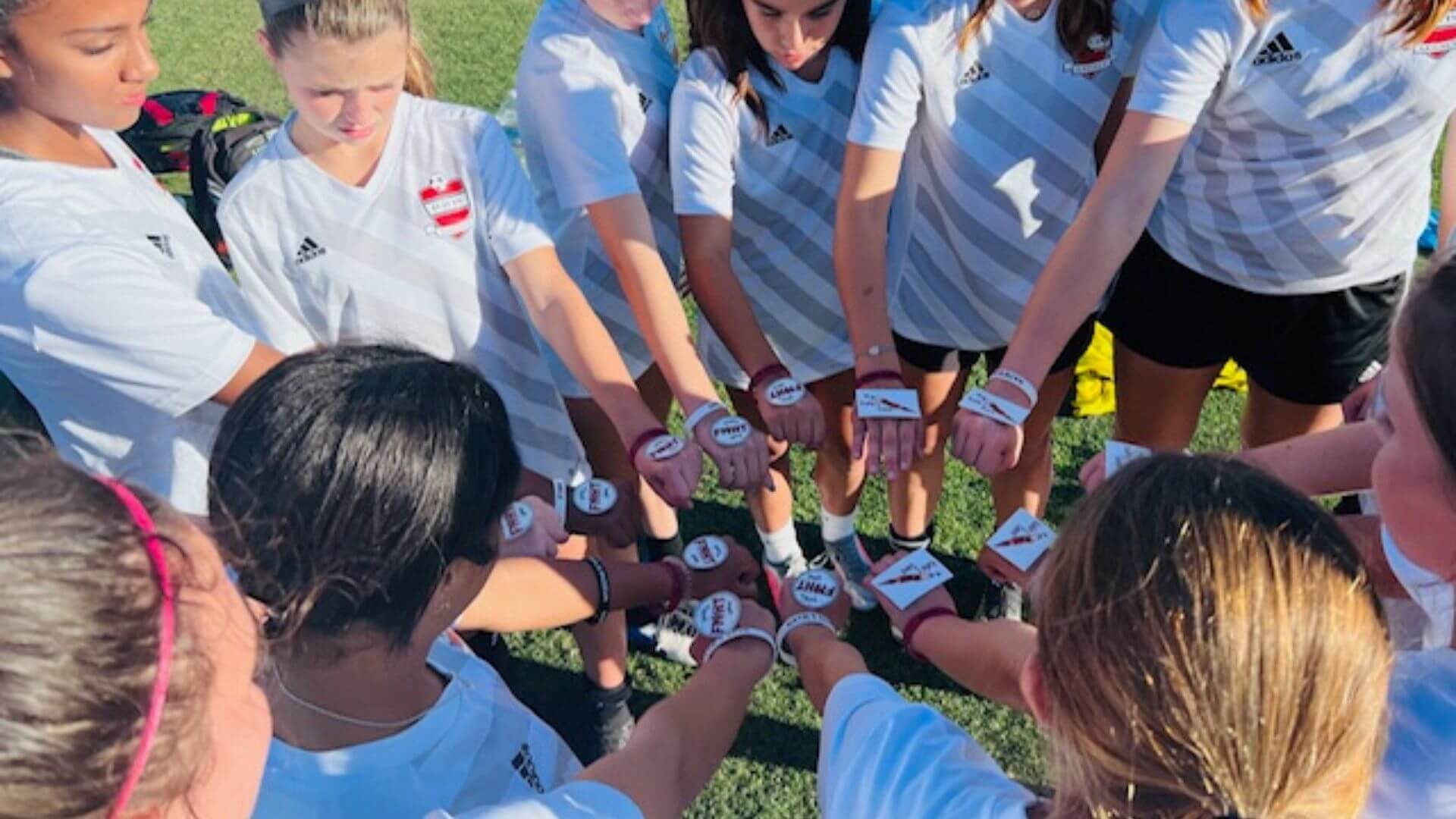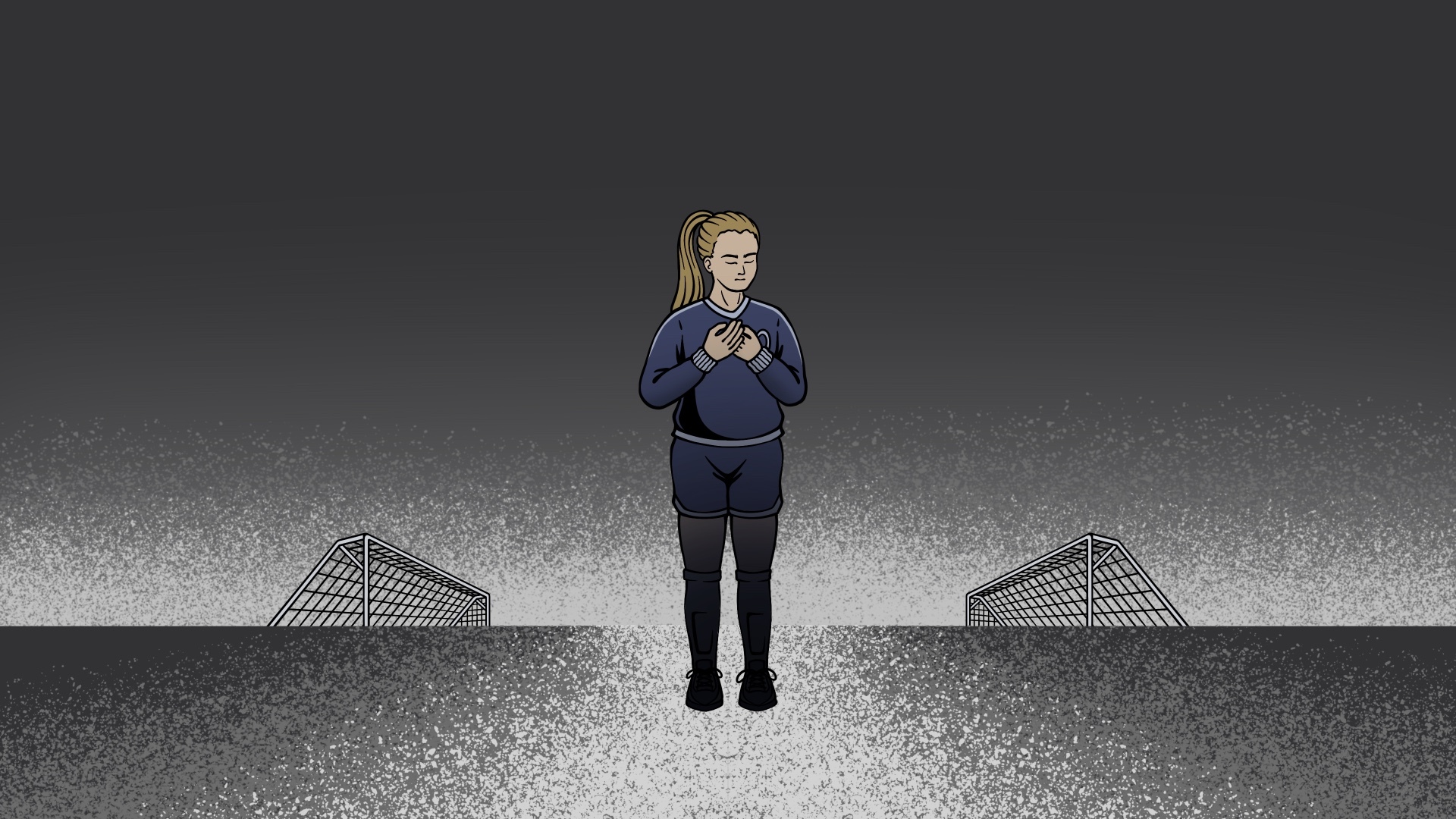Coping With Loss and Mental Health in Youth Soccer
When I was informed of the news that a friend and former teammate had taken their own life, the world seemed to have stood still. I felt completely numb, and a deep sadness seemed to paralyze me, both my body and soul.
Then once I comprehended what happened, I tried to understand the “why.” Losing a friend at any age can be heartbreaking, but there’s something very wrong when it happens to someone at a young age, like at 13. A whole life of experiences is cut short, and the survivors left behind are trapped in an emotional loop.
I started to go through old photos of my friend and I and pictures of the teams we played on. I know this may sound naive, but I looked for signs I may have missed, but in every picture, she was smiling brightly. She was one of those individuals who always tried to get you to laugh and could cheer anyone up. The last video I have of her was of her telling me that she loved me and how she hoped I recovered soon; I had just broken my foot during a game.
It became apparent to me after her life ended that she did not want nor feel comfortable sharing what she was really going through. Although I may never know the why, I’m left with figuring out how to grieve and honor her life and beautiful soul that was lost too early.
After two weeks passed, I was meeting with a grief counselor to work through my friend’s suicide when I received news that a fellow goalkeeper I looked up to and had been in frequent contact with had taken her life as well. Just a few weeks before her passing, we spoke about upcoming Stanford soccer camps and how both of us were starting podcasts. Needless to say, I was again in utter shock when I heard the news.
My whole outlook on life suddenly shifted. It made me question many things, one of them being the mental skills and supports that are in place to help student-athletes. Not just at the college level but for youth athletes, 10-year-old and up. Student-athletes face a lot of pressure these days to take their game to the next level and try to balance this with school, family, and friends.
Coaches and clubs spend a ton of time helping youth athletes with technical and tactical skills of the sport but not the mindset or the development of the whole player/person. I strongly feel that every sports program (i.e. school sports & club sports) should include some such of mental skills curriculum. To really try to be “game changers” and make an impact, I think each sports program should try to include weekly training that includes developing the mental skills to help strengthen mentality through adversity.
Coaches should be given free training on mental skills, and clubs should have a mental skills coach or sports psychologist on hand or to consult with. I think parents of athletes should also be offered free education sessions on the mental and developmental health of an athlete.
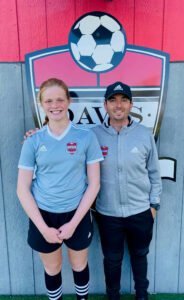
Luckily, I am fortunate to have a coach that values the importance of helping his players with the mental aspects of the game. A week before losing my friend, he held a team meeting in our clubhouse and encouraged the team to share some fears we have and then some of our aspirations. It was interesting to see my teammates feel open enough to expose their vulnerabilities and share what they did.

After losing these two individuals, I reflected on my team’s last clubhouse meeting and how important it was to encourage this openness. Often, I feel like athletes have to present themselves as unbreakable and not show any emotion that may be perceived as weakness. We need to shift away from that mindset and not just talk about doing this.
I’m not an expert in this area by any means, nor do I pretend to be, but I am a teen who lost important people in my life and want to be proactive in helping lead conversations to promote healthy action and change.
I shared my thoughts and recent losses with my soccer club, and they invited me to speak on April 20 at their monthly board meeting. One idea I shared with my club is to help provide more support in this area by distributing a player card that athletes can place in their soccer bag that has resources, hotlines, and information such:
The National Suicide Prevention hotline 1-800-273-8255
Free 24/7 support at your fingertips. Text HOME to 741741 to connect with a Crisis Counselor
Mental Health Crisis & Access Line • Toll Free • 24-Hours A Day • 7 Days A Week
(888) 965-6647 / DD (800) 735-2929
National Eating Disorders Hotline
1-800-931-2237 call or text
National Bullying Hotline
1-866-488-7386
I also reached out to Female Footballers, a local organization that offers customized programs that are designed to empower and help young females, and asked if they could provide my club with their mental skills curriculum. They were great about this and wrote up a proposal and then offered me an internship with their organization so I could help them make more of an impact.
I know that not everyone has a coach or club like mine, but I’m hoping enough programs like Female Footballers, athletes, coaches, parents, and clubs come together and advocate for change. We owe it to ourselves, future upcoming athletes, and those we’ve lost to switch the focus to be about the development of the whole person, not just the athlete, and their mental mindset.
My friend’s last video message to me is very telling of the person she was! She greatly cared about others. She left a lasting footprint in my life and put a very important message in perspective for me; it’s about caring enough about others, their well-being, and mental health that should be the priority.
I encourage those who read this to help promote change and take action, or as Dr. Candice Williams shared, “We have to put the person before the student and athlete otherwise we are at risk of losing all three.”
_
GIRLS SOCCER NETWORK: YOUR SOURCE FOR GIRLS SOCCER NEWS



